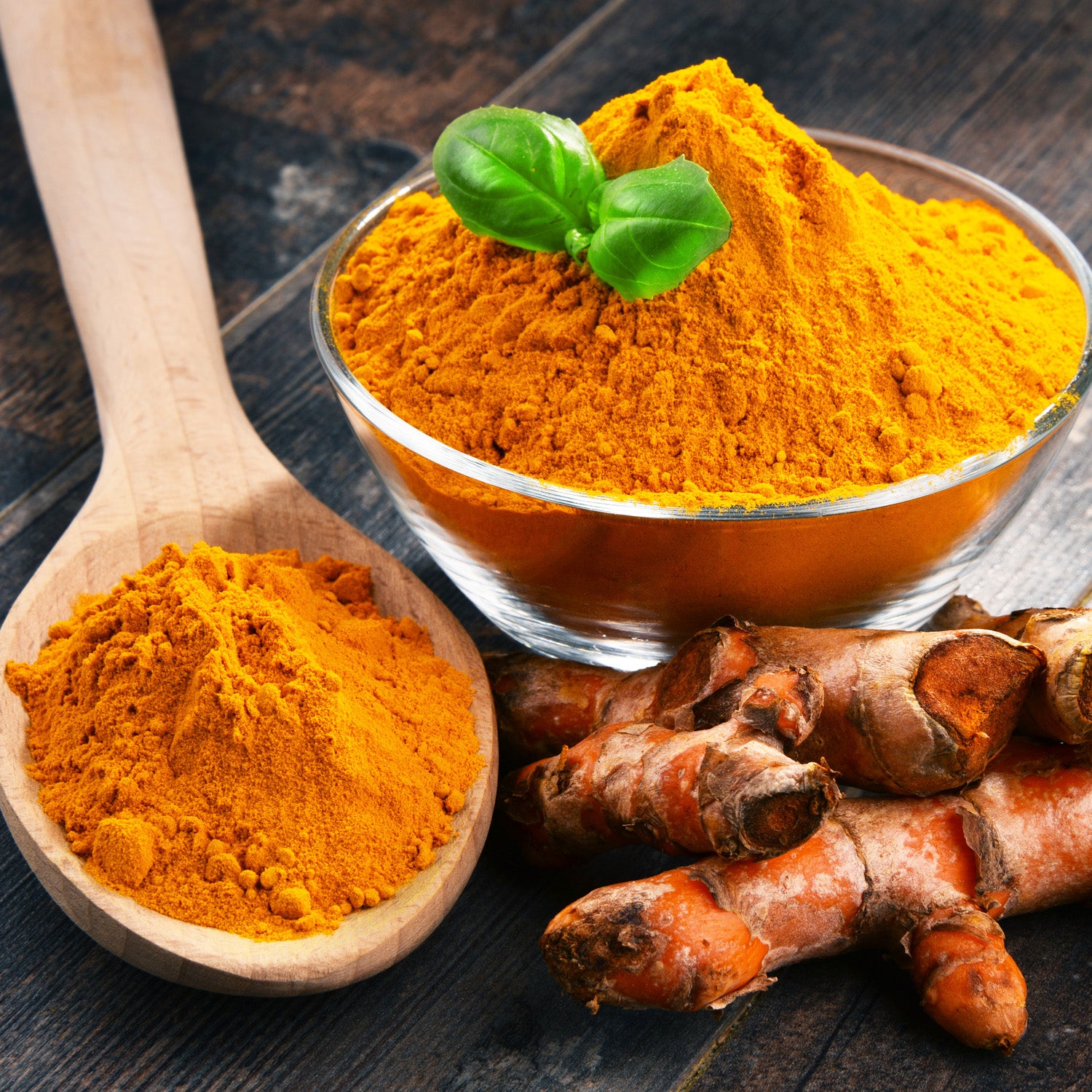Turmeric is one of the most popular health supplements available.
The spice has been used as a medicine for centuries and, as with many health products, there is a string of claims about what it can do.
Here’s a look at five scientifically-backed benefits of turmeric and the compound called curcumin which is found within it.
Fights Inflammation
Curcumin is known to be a powerful anti-inflammatory and its effectiveness has even been compared to some medications which combat inflammation such as ibuprofen. However, the concentration of curcumin used in most scientific studies to assess its effectiveness is much higher than that which naturally occurs within turmeric.
This would suggest that to get the full benefits you would need to ingest a large dosage of curcumin.
Increases Antioxidant Capacity
Antioxidants protect the body from free radicals which cause oxidative damage associated with ageing and a number of diseases.
Curcumin not only acts as an antioxidant in itself, fighting against free radicals, but it has also been found to boost the activity of your body’s anti-oxidative enzymes.
May Improve Skin Health
The anti-inflammatory and anti-oxidative properties of curcumin have led a number of researchers to suggest it could be effective as a treatment for various skin diseases, such as eczema or psoriasis.
May Protect Against Heart Disease
There is a thin membrane that lines the inside of the heart and blood vessels and helps to regulate blood pressure. Research has shown that curcumin may improve the functioning of this membrane, which would help protect humans from heart disease.
May Delay/Prevent Alzheimer’s
In studies performed on mice, turmeric has been shown to boost levels of brain-derived neurotrophic factor (BDNF), which is a protein found in the brain and spinal cord that assists with communication between nerves - a process critical for learning and memory.
Alzheimer’s disease is associated with lower levels of BDNF, so turmeric could help prevent or delay its onset.

























































Share:
6 Exercises To Build Explosive Leg Strength
What Is The Low-Glycemic Diet?